There are so many good reasons to communicate with site visitors. Tell them about sales and new products or update them with tips and information.
Advice
There are times in life when it pays to lean on someone with more knowledge or experience than you. When it comes to dealing with debt, getting professional advice could mean the difference between managing it successfully or feeling like it has a choke-hold on your life. Speaking to a financial advisor or a debt advisor will give you professional advice on your unique situation.
Assess
Once you have some expert advice, you will be able to assess your current debt situation and determine how much debt you have - including home loans, car payments, credit cards, student loans etc. Make a list of each debt and of how long you have to pay it off, the interest rate you're paying on each of them and what your monthly payments are. Adding all these payments up and seeing a big figure may be discouraging, but don’t lose hope: this is going to allow you to break down your debt into manageable chunks and find extra money to pay it all off, one at a time.
Create a plan
In order to create your debt repayment plan, which does not need to be complicated, ask yourself these three questions:
Beyond your minimum monthly payments, how much extra money can you put towards your debt each month?
Which debt will you put that money towards first? (try to pay the one with the highest interest rate off first)
How will you prioritize those other payments once that first debt is gone?
Consistency
Now it’s time to track your spending and control your expenses. This means changing your regular spending patterns and that requires you to know exactly what you’re spending your money on. This will show you where you’re spending more than you should, and where you can cut off costs to free up some money towards paying off your debts. For example, tracking your water and electricity bill is one way to control your expenses.
One of the most immediate things you can also do to control your expenses is with a budget. If you’ve never worked with a budget before, you may find it challenging to begin with but an easy way to start is by getting into the habit of saving all your receipts for a month or two to see where your money is going. You might be overlooking the daily cup of coffee or the lunch at work that’s costing you more than it should.
Also, try to make it a habit to pay cash whenever possible. It’s easy to swipe a card for every purchase, but it also makes it easier to spend more than you have. In your monthly budget, allow yourself only specific amounts for items like groceries, fuel and recreational purchases. Withdraw a fixed amount of money to spend each month and that which is left over in your account should be used to pay off large debts.
Debt-counselling
If you feel that debt is completely unmanageable, you can also consider going for debt-counselling. Debt counsellors are there to make sure that you are able to afford your debt repayments and live comfortably. Your debt counsellor will work to get you the lowest monthly instalment by negotiating with credit providers on your behalf. Your debt counsellor may suggest that you enter a debt review period. Should you agree, during the time that you are under debt-review you will not be able to make use of credit and all your focus will go towards repaying your debt and ultimately becoming debt-free. After this process, you will receive a clearance certificate from the credit bureaus.
StokFella is a licensed FSP 48812 and Credit Provider NCRCP12735 T & Cs Apply











